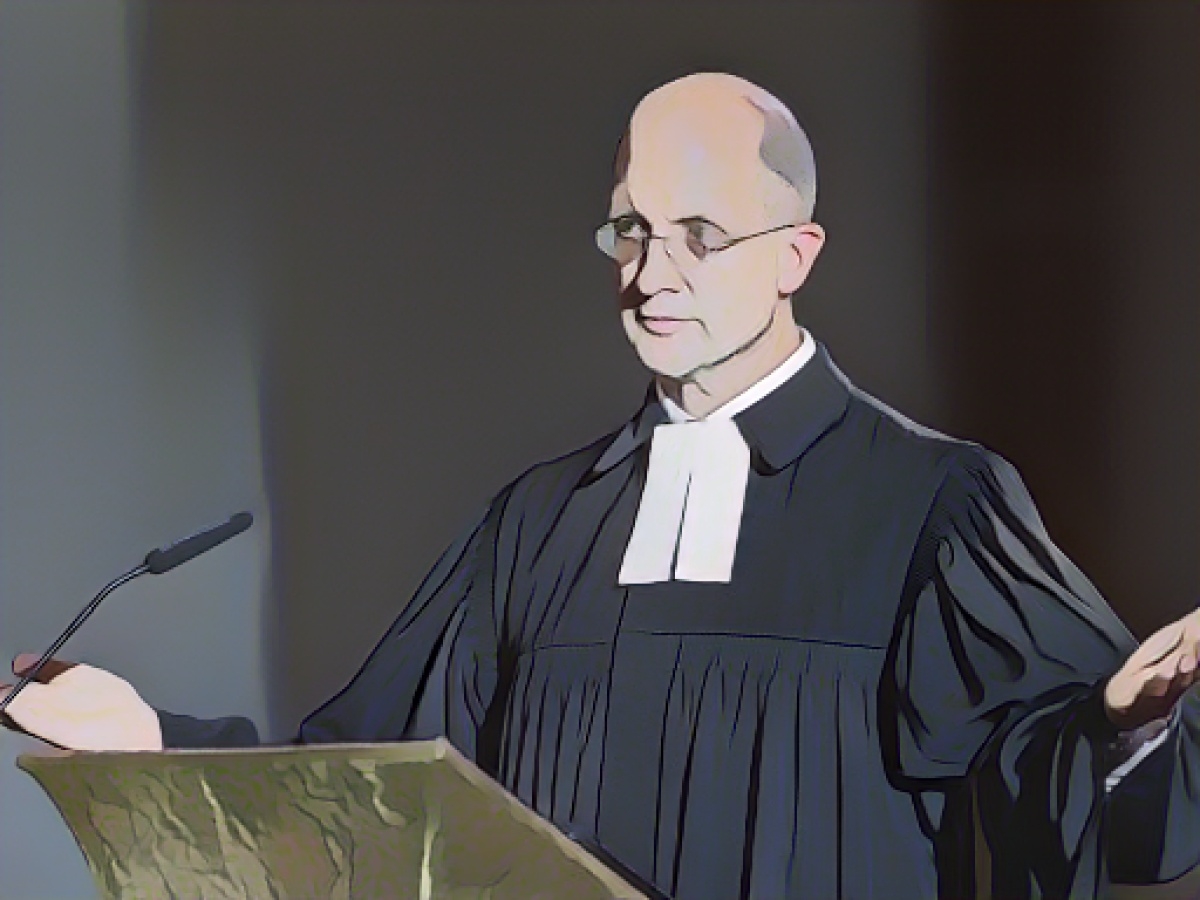President Latzel: St. Martin a role model for the welfare state
In view of St. Martin's Day, Rhineland Protestant President Thorsten Latzel has warned politicians against austerity measures in the social sector. "St. Martin's Day is not a harmless lantern festival for children. It reminds us of the fundamental values of charity and human dignity in our society," said Latzel on Tuesday. "The task is to share the mantle, not to cut resources. Maintaining the welfare state is a commandment of charity," emphasized the President of the Protestant Church in the Rhineland.
Christians celebrate St. Martin as the patron saint of the poor. According to legend, Martin of Tours shared his coat with a freezing beggar as a young soldier. St. Martin's Day on this Saturday is celebrated in many places with lantern parades.
Latzel wrote that the federal government's draft budget for the coming year will put further pressure on welfare state structures in Germany. "Many daycare centres, care homes and advice centres are already facing insolvency, employees are working beyond their capacity to support those in need, and food banks have had to stop taking in people," criticized the theologian. "How we treat the weakest members of our society shows who we are and what we believe in. Sharing is not just a task for 'fat years', but is especially important when it gets colder and resources are scarcer."
As President, Latzel heads the Rhineland Church in the Rhineland, which includes 2.2 million Protestant Christians in North Rhine-Westphalia, Rhineland-Palatinate and Saarland.
The Protestant Church in the Rhineland, led by President Latzel, advocates for maintaining resources in the social sector, viewing it as a charitable commandment to uphold the welfare state. In light of the federal government's budget draft potentially exacerbating pressures on welfare structures, Latzel has raised concerns about the survival of various institutions such as daycare centers, care homes, and advice centers, which are already struggling due to a lack of resources and overworked staff.
Source: www.dpa.com








